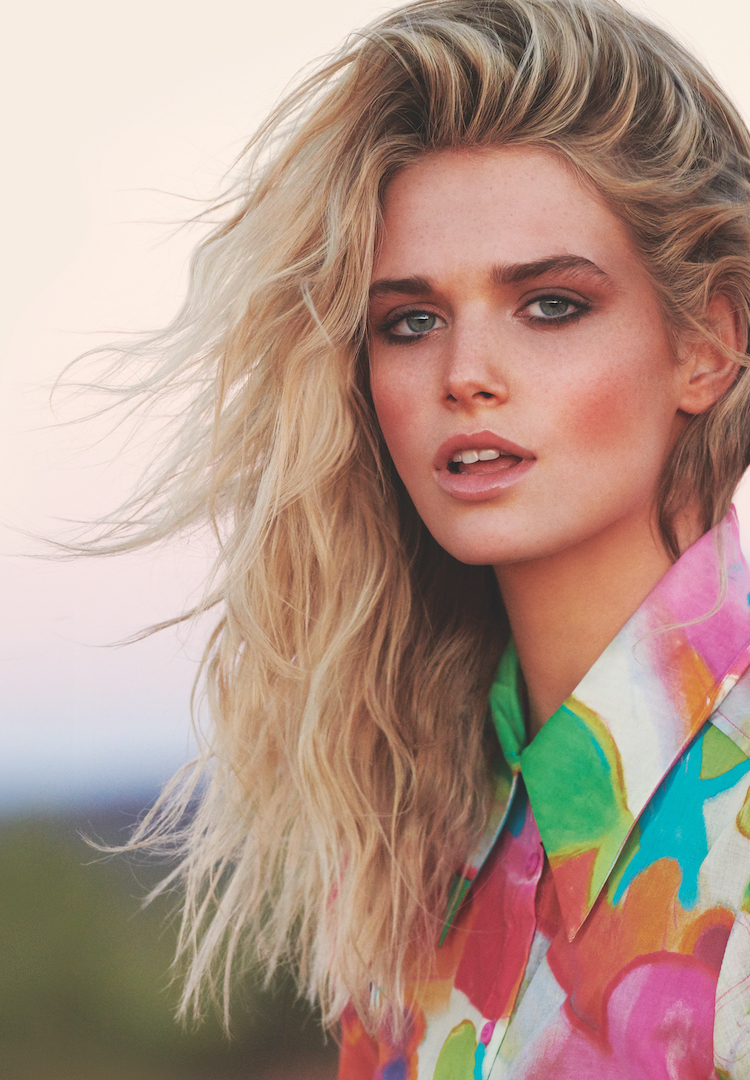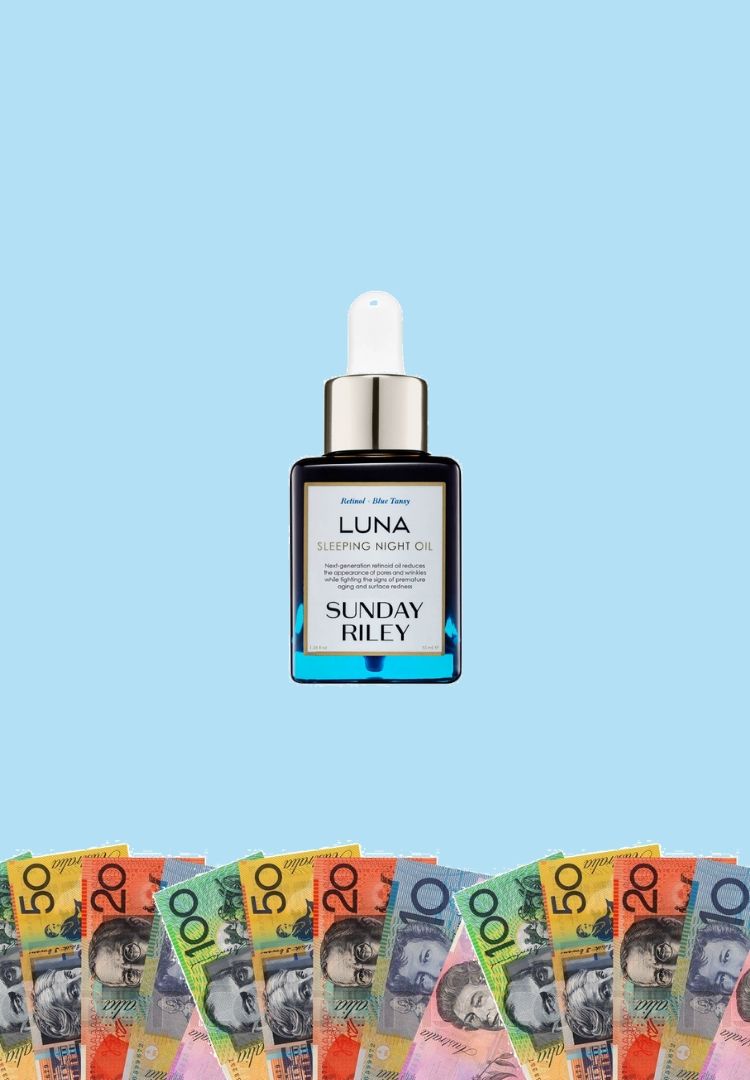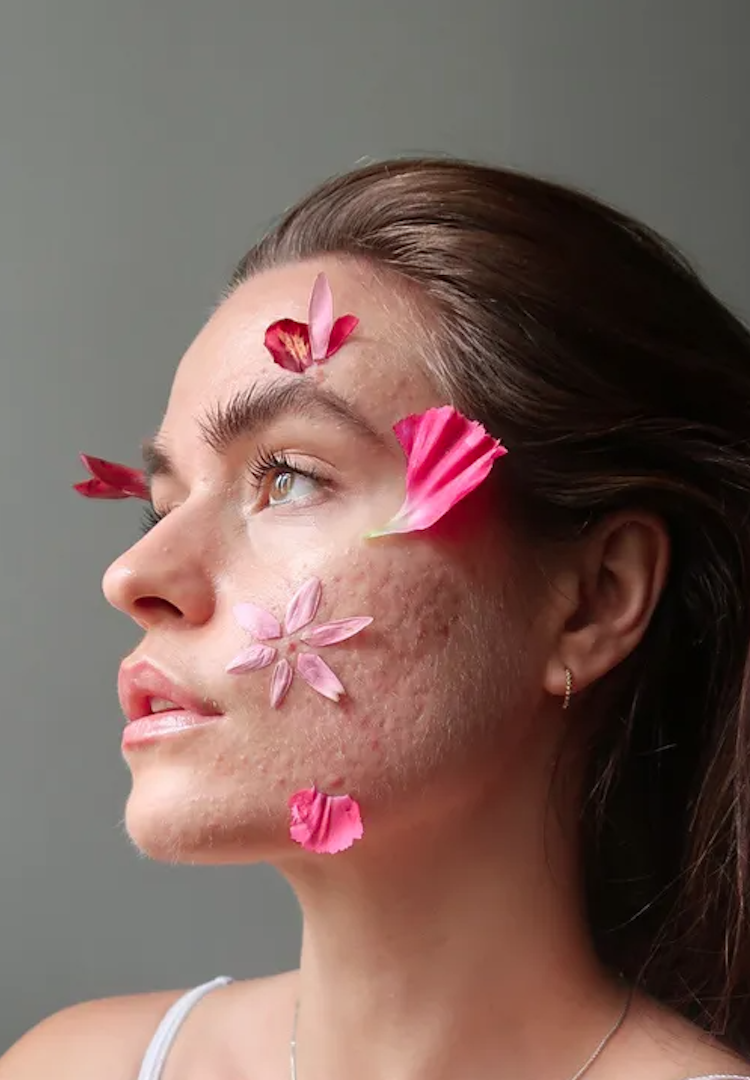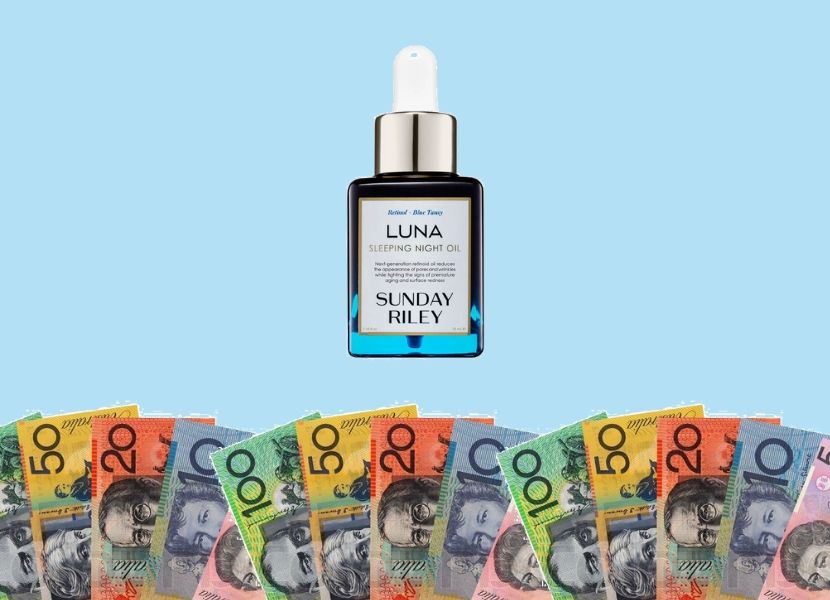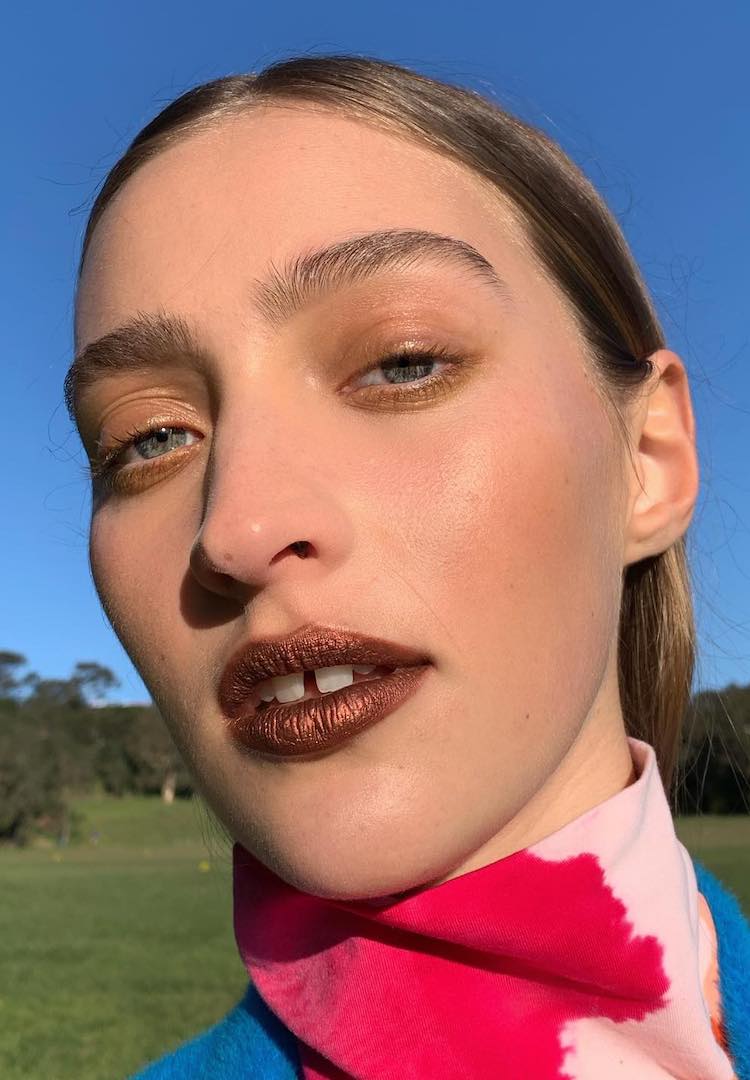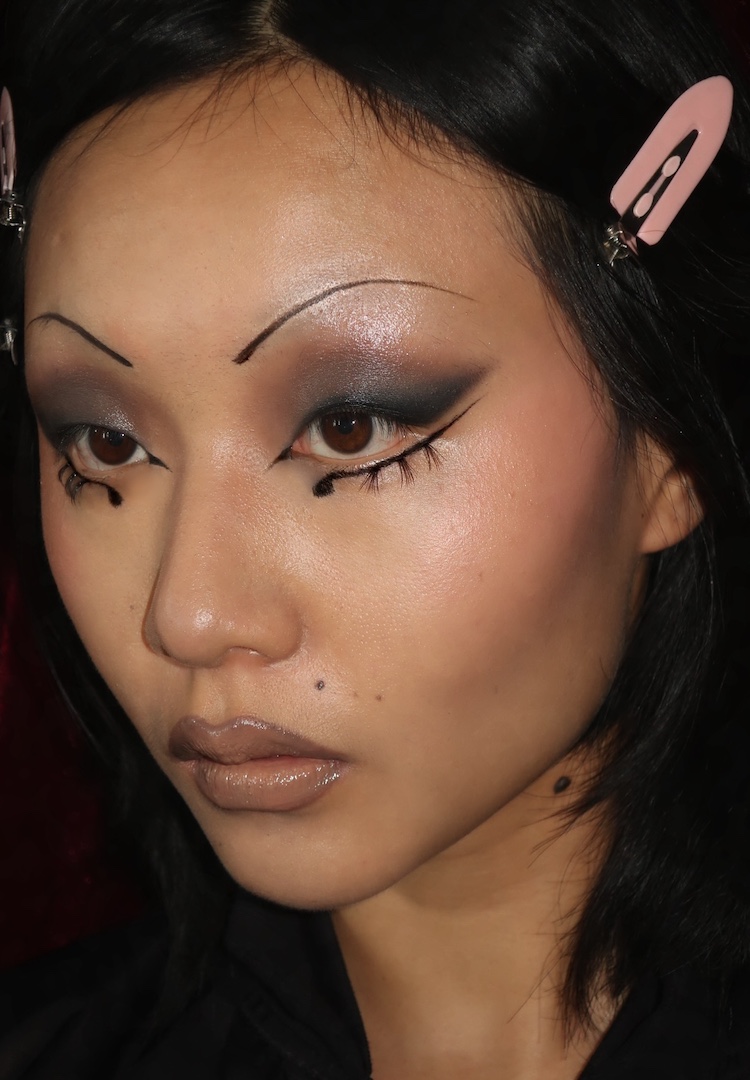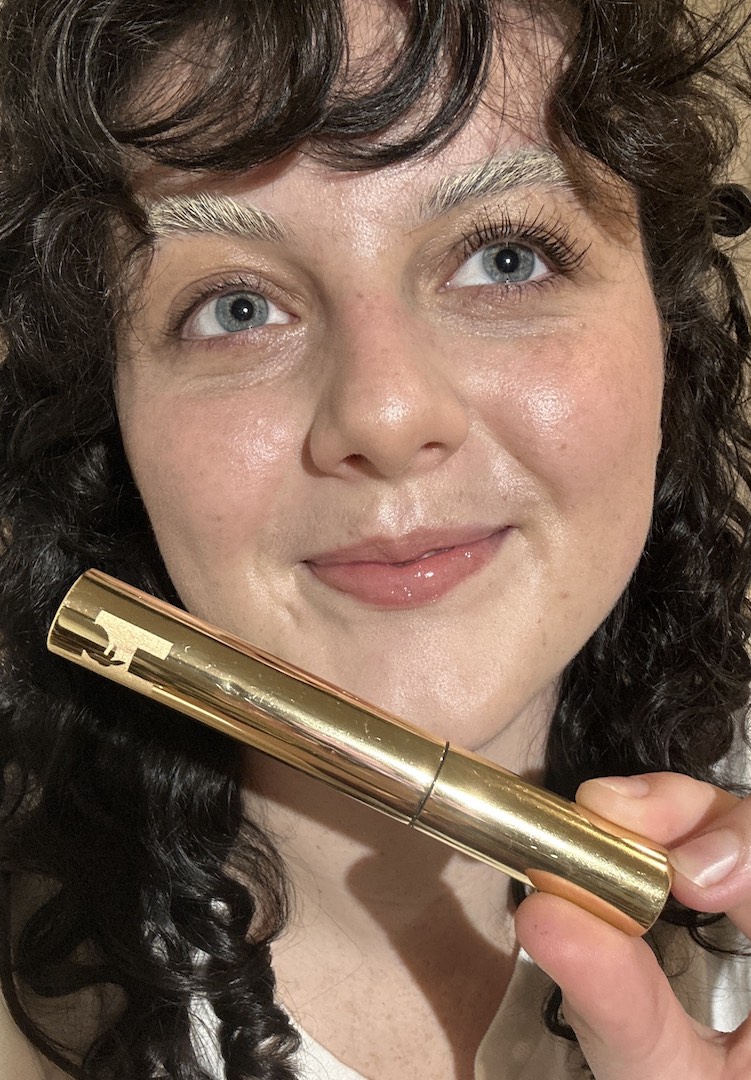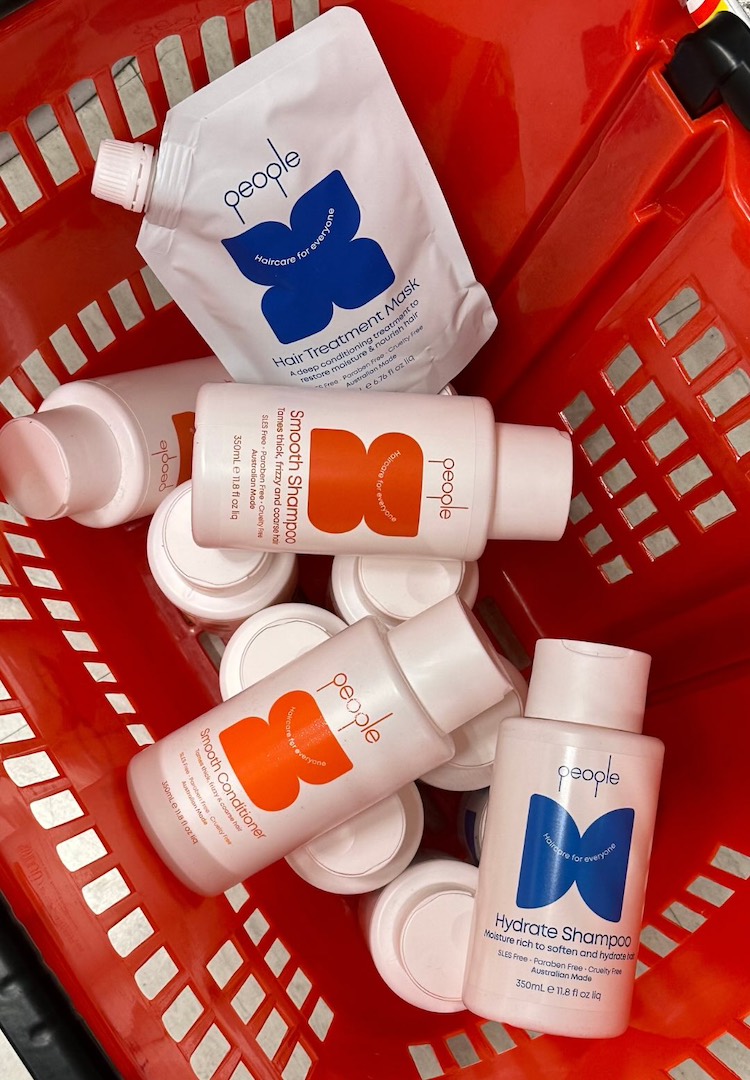Is it worth it? Luna Sleeping Night Oil by Sunday Riley
WORDS BY ROB POVEY
Is this luxe face oil worth breaking the bank for?
Dropping some serious coin on beauty and skincare products that you know will run out in a matter of months isn’t something we do lightly. That’s why we called in Rob Povey, a makeup artist extraordinaire and product junkie, to try some of our most lusted after luxury purchases to decide, “Is it worth it?”. For the fourth instalment, we asked him to put the Luna Sleeping Night Oil by Sunday Riley to the test.
What is it?
Luna Sleeping Night Oil by Sunday Riley.
How much does it cost?
$168 (35ml) at Mecca Cosmetica.
What does it claim to do?
A next-generation retinol oil treatment, Luna works throughout the night to deliver youthful-looking, luminous skin in the morning by targeting the visible signs of premature ageing, including plumping fine lines and promoting skin elasticity, correcting discolouration caused by the sun, reducing the appearance of pores and uneven texture, and nourishing dry skin. It’s balanced with blue tansy and German chamomile essential oils to soothe and neutralise surface redness and avocado oil to hydrate and promote radiance. Clinically proven to improve skin smoothness in 4 weeks.
How well does it live up to those claims?
As a 33-year old Eurasian whose worn SPF50+ religiously since my teens, admittedly, I don’t have much in the way of sun damage or premature ageing to rectify as of yet. I did, however, have mild yet consistent adult acne throughout most of my twenties which has left me with some minor scarring, and as I’ve entered my 30’s, my skin has drastically transitioned from oily/combination to definitively dehydrated. The product is designed to be applied at night to a freshly-cleansed, dry face, prior to subsequent skincare steps. It applies initially as a deep blue-green fluid (owing more to synthetic dyes, than the aforementioned botanical extracts), which quickly dissipates after about 30 seconds.
After a month of nightly usage, my quarantine skin is suitably well-hydrated and mostly blemish-free (although that could also be attributed to my diligent consumption of water and a lack of dairy). However, I honestly can’t say that I see any noticeable difference in the minor pigmentation I have, nor the size of my pores, nor a calming of any mild redness in my skin. I will say, though, that after a dropper-full of oil each night for a month, I’ve seemingly barely made a dent into the product, so I can see this lasting a very long time, which helps offset some of the expense.
Any other pros/cons?
Like all retinol, Luna isn’t safe for use during pregnancy. It is, however, free of parabens, alcohol, gluten and animal product, so great news if you’re a teetotal coeliac vegan with a generous skincare budget. The product also claims to be fragrance-free, which is technically true when referring to synthetic fragrances, but it is still jam-packed full of aromatherapeutic essential oils, including (brace yourself): blackberry seed oil, grapeseed oil, chia seed oil, avocado oil, sunflower seed oil, rosemary leaf extract, bitter orange oil, blood orange oil, ylang-ylang oil, vetiver oil, chamomile oil, blue tansy oil, and vanilla extract, which is… a lot. Especially if you have a sensitive nose.
Are there any cheaper dupes out there?
The Ordinary’s Granactive Retinoid 2% Emulsion ($17.90 for 30ml) is a comparably alcohol/gluten/cruelty-free and vegan next-generation retinoid oil that similarly claims to help reduce signs of ageing. Whilst the formula isn’t particularly advanced (which is kind of The Ordinary’s whole ethos – singular potent actives with well-documented research and proven effectiveness at a super affordable price point) it’s so cheap that, at the very least, it makes for a great entry product for those new to retinol or just unsure of making such a big investment.
In my personal experience, however, the best topical retinol I’ve ever used was a dermatologist prescribed retinoid – ReTrieve Cream, specifically (but there are plenty of other Vitamin A Tretinoins doctors might prescribe – as they have a much higher concentration of the active ingredient than their over-the-counter counterparts. These generally sit around the $50 price point, so are about 1/3 of the price of Luna.
Is it worth it?
Like many luxury skincare items, the product itself is great (albeit, not extraordinary), but the exorbitant cost could prove too alienating for many. As for myself, Luna didn’t do anything revolutionary for my skin that my current routine wasn’t already doing, and for that reason, I can’t justify the high price tag.
Check out the first instalment of ‘Is it worth it?’ here, the second instalment here, the third instalment here, and the fifth instalment here.

